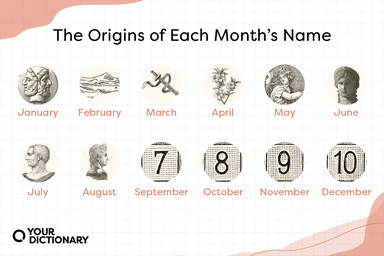A 12th-century version of the first three books of Romulus in elegiac verse enjoyed a wide popularity, even into the Renaissance.
One of the greater flamens was attached to the service of Quirinus, a second college of Salii founded in his honour, and a festival "Quirinalia" celebrated on the 17th of February, the day of the supposed translation of Romulus to heaven.
Cain's subsequent founding of a city finds a parallel in the legend of the origin of Rome through the swarms of outlaws and broken men of all kinds whom Romulus attracted thither.
According to the traditional account, Romulus instituted a cavalry corps, consisting of three centuriae (" hundreds"), called after the three tribes from which they were taken (Ramnes, Tities, Luceres), divided into ten turmae (" squadrons") of thirty men each.
Another version of Romulus in Latin elegiacs was made by Alexander Neckam, born at St Albans in 1157.

